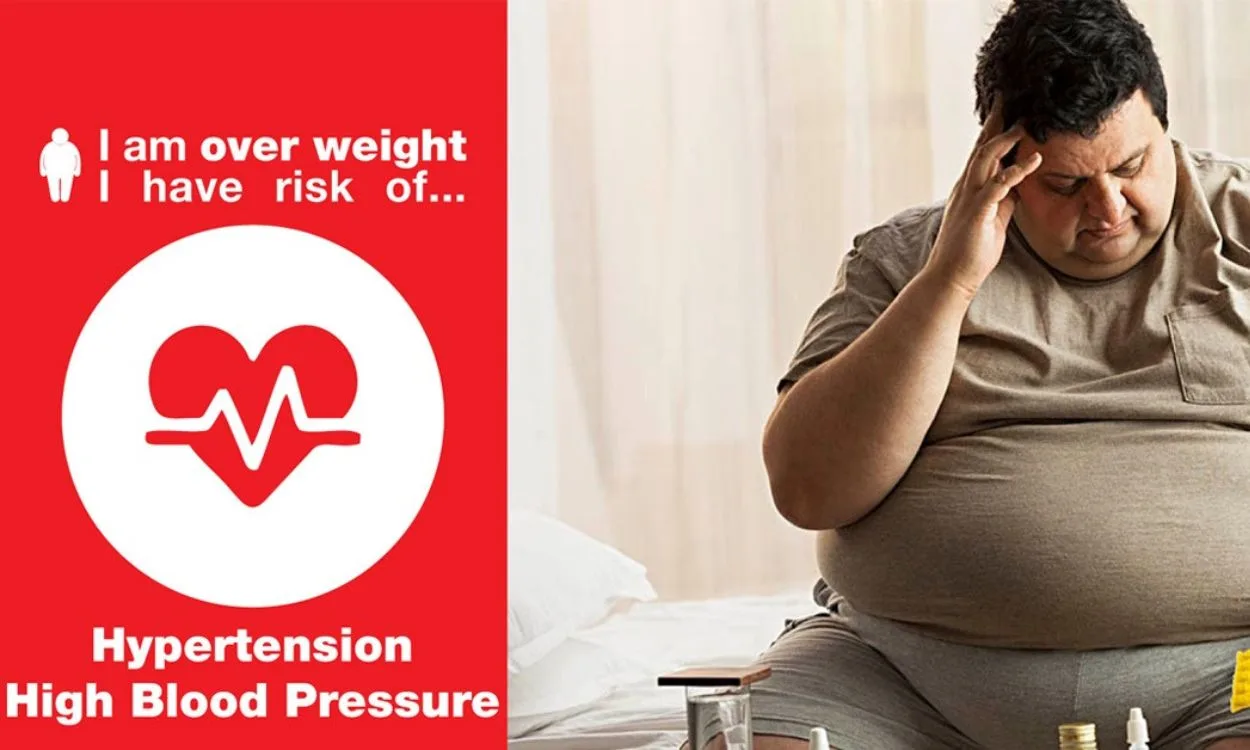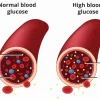What is the Connection Between Obesity and Hypertension?
Obesity and hypertension, commonly known as high blood pressure, are two prevalent health conditions that often go hand in hand. The connection between the two is well-established, and understanding it is crucial for managing and preventing these conditions. In this article, we will explore the relationship between obesity and hypertension, the impact they have on our health, and how they can be managed effectively.
The Link Between Obesity and Hypertension
- Excess Weight and Increased Blood Pressure: One of the primary factors linking obesity and hypertension is the increase in blood pressure due to excess weight. When someone is obese, their body requires more blood to supply oxygen and nutrients to the increased amount of adipose tissue. This puts additional strain on the blood vessels, resulting in higher blood pressure.
- Insulin Resistance and Hypertension: Obesity is often accompanied by insulin resistance, a condition in which the body’s cells become less sensitive to the effects of insulin. Insulin resistance can lead to the accumulation of glucose in the blood, causing the pancreas to produce more insulin. This can contribute to hypertension by affecting kidney function and fluid balance.
- Inflammatory Response: Obesity is characterized by a chronic state of low-grade inflammation in the body. This inflammatory response can have a significant impact on blood vessel health and function, contributing to the development of hypertension.
- Hormonal Imbalance: Adipose tissue, especially visceral fat (fat stored around the organs), produces various hormones and signaling molecules. These substances, such as leptin and adiponectin, play a role in regulating blood pressure. In obesity, the hormonal balance is disrupted, leading to hypertension.
The Impact of Obesity and Hypertension on Health
- Cardiovascular Health: Both obesity and hypertension are major risk factors for cardiovascular diseases such as heart disease, stroke, and heart failure. The combination of these conditions significantly increases the risk of developing these life-threatening conditions.
- Kidney Disease: Obesity-related hypertension can cause damage to the kidneys over time, leading to chronic kidney disease. This can further worsen blood pressure control and increase the risk of kidney failure.
- Metabolic Health: Obesity and hypertension are often part of a cluster of metabolic abnormalities known as metabolic syndrome. Metabolic syndrome includes high blood sugar, high triglyceride levels, low HDL cholesterol levels, and abdominal obesity. This combination significantly increases the risk of developing type 2 diabetes and other metabolic disorders.
- Quality of Life: Both obesity and hypertension can have a profound impact on an individual’s quality of life. They can lead to physical limitations, decreased mobility, fatigue, and psychological distress. Managing these conditions effectively can greatly improve overall well-being.
Managing Obesity and Hypertension
- Lifestyle Modifications: The first-line approach for managing obesity-related hypertension is making lifestyle changes. This includes adopting a balanced and nutritious diet, engaging in regular physical activity, maintaining a healthy weight, and managing stress effectively.
- Medications: In some cases, lifestyle modifications alone may not be sufficient to control hypertension. In such situations, medications may be prescribed by a healthcare professional to help lower blood pressure and manage the condition effectively.
- Collaborative Care: Working with a multidisciplinary healthcare team, including doctors, dietitians, exercise specialists, and psychologists, can provide comprehensive support and guidance in managing obesity and hypertension. These professionals can create personalized plans and provide ongoing monitoring and support.
Introducing Fitpaa: Achieving Your Health and Fitness Goals
Fitpaa is an AI-driven metabolism monitoring and management technology that can assist individuals in achieving their health and fitness goals, including managing obesity and hypertension. Fitpaa follows a three-step approach:
- Metabolism Assessment: Fitpaa’s Medical Nutrition Therapy (MNT) specialists use state-of-the-art technology to assess an individual’s metabolism and identify the root cause of their health condition. This assessment provides crucial insights into optimizing metabolism for achieving health and fitness goals.
- Fitpaa Capsule: Based on the metabolism assessment, Fitpaa’s expert team of fitness coaches, nutritionists, and doctors prepares a personalized Fitpaa Capsule. This comprehensive plan incorporates medical therapy, medical exercise therapy, medical nutrition therapy, and cognitive behavioral therapy to optimize metabolism and help individuals achieve their health and fitness goals.
- Daily Guidance and Support: Fitpaa’s digital therapeutic solution, coupled with real-time guidance technology, provides continuous support and guidance throughout the day. The Fitpaa mobile app offers tools like a virtual workout trainer, diet tracker, performance tracking, and progress tracking. Regular reviews by the Fitpaa team ensure course corrections and personalized support to help individuals reach their goals.
By combining cutting-edge technology, a team of experts, and a personalized approach, Fitpaa aims to empower individuals in their journey towards better health and fitness.
To experience the transformative power of Fitpaa and take control of your health and fitness goals with a 100% guarantee, download the Fitpaa app today. Your well-being is our mission, and we are here to support you every step of the way.
Remember, achieving a healthy weight and managing hypertension requires commitment and dedication. With the right knowledge, guidance, and tools, you can make significant progress in improving your health and overall well-being.
Start your journey towards a healthier and happier life with Fitpaa today!









